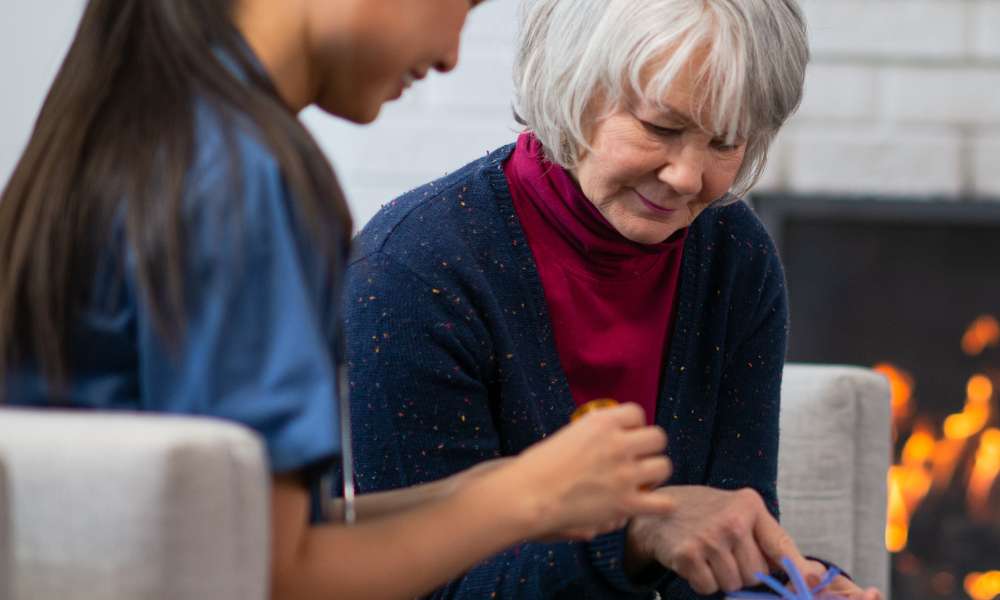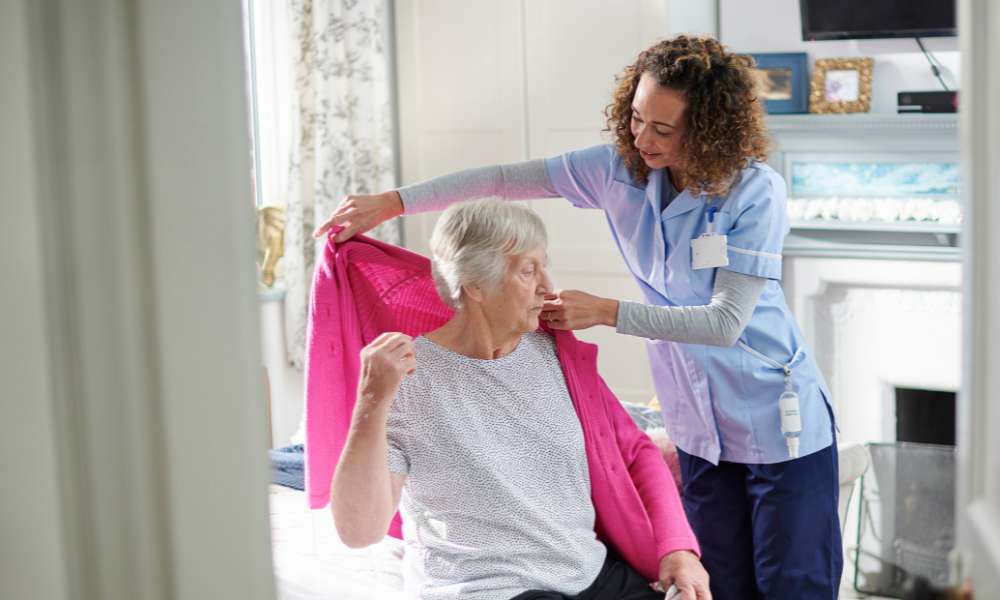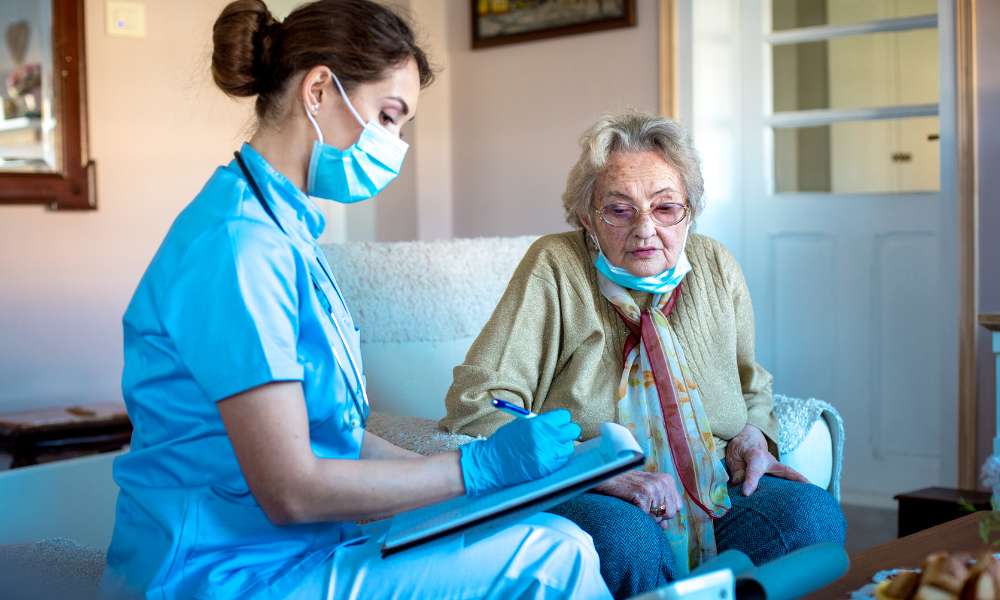
Navigating the intricate tapestry of life, the role of a caregiver with I&Y Seniorcare is simultaneously noble and challenging. To excel as the best caregiver, one must go beyond tending to physical needs; it necessitates a compassionate heart, unwavering patience, and a profound understanding of the person under your care. Throughout this guide, we will delve into the key attributes and practices that can enhance your caregiving journey with I&Y Seniorcare, transforming it into a truly fulfilling and enriching experience.
Understanding Empathy
At the core of being an exceptional caregiver lies the ability to empathize. Put yourself in the shoes of the person you’re caring for, recognizing their fears, joys, and struggles. By understanding their perspective, you create a connection that goes beyond the physical tasks of caregiving. Empathy fosters trust and forms the foundation for a meaningful relationship.
Effective Communication
Clear and compassionate communication is a cornerstone of caregiving excellence. Actively listen to the person you’re caring for, paying attention not only to their words but also to their emotions. Encourage open dialogue, making them feel heard and valued. Communication extends beyond verbal exchanges; non-verbal cues such as body language and facial expressions can provide valuable insights into their feelings and needs.
Patience as a Virtue
In the realm of caregiving, patience is more than just a virtue; it’s a necessity. Understand that challenges may arise, and situations may not always go as planned. Approach each day with a calm and patient demeanor, recognizing that your steadfastness contributes significantly to the overall well-being of the person in your care.
Tailoring Care to Individual Needs
Every person is unique, and caregiving should reflect that individuality. Take the time to understand the specific needs, preferences, and routines of the person you’re caring for. Customizing your approach ensures that the care provided is not only efficient but also deeply personal, promoting a sense of dignity and autonomy.
Continuous Learning
The best caregivers are lifelong learners. Stay informed about the medical conditions, treatments, and technologies relevant to the person you’re caring for. Attend workshops, read literature, and seek guidance from healthcare professionals to enhance your knowledge. By staying up-to-date, you can provide informed and competent care, adapting to the evolving needs of your loved one.
Self-Care for Caregivers
While the focus is often on the well-being of the person receiving care, it’s crucial not to overlook the caregiver’s needs. Taking care of yourself is not a luxury but a necessity. Prioritize your physical and mental health, seek support from friends and family, and consider respite care to prevent burnout. Remember, you can only offer the best care when you are at your best.
Building a Support System
Being the best caregiver doesn’t mean doing it all alone. Establish a strong support system that includes family, friends, and healthcare professionals. Share your experiences, seek advice when needed, and don’t hesitate to delegate tasks. A collaborative approach ensures that both you and the person you’re caring for receive the support necessary for a positive caregiving experience.
Conclusion
Being the best caregiver is a continuous journey marked by compassion, adaptability, and a commitment to growth. By embracing empathy, effective communication, patience, and a personalized approach, you can navigate the challenges of caregiving with grace and resilience. Remember, the true measure of success lies not just in the tasks you perform but in the profound impact you have on the life of the person entrusted to your care.
iandyseniorcarewordpresslogin


















iyseniorcare.com iyseniorcare.com